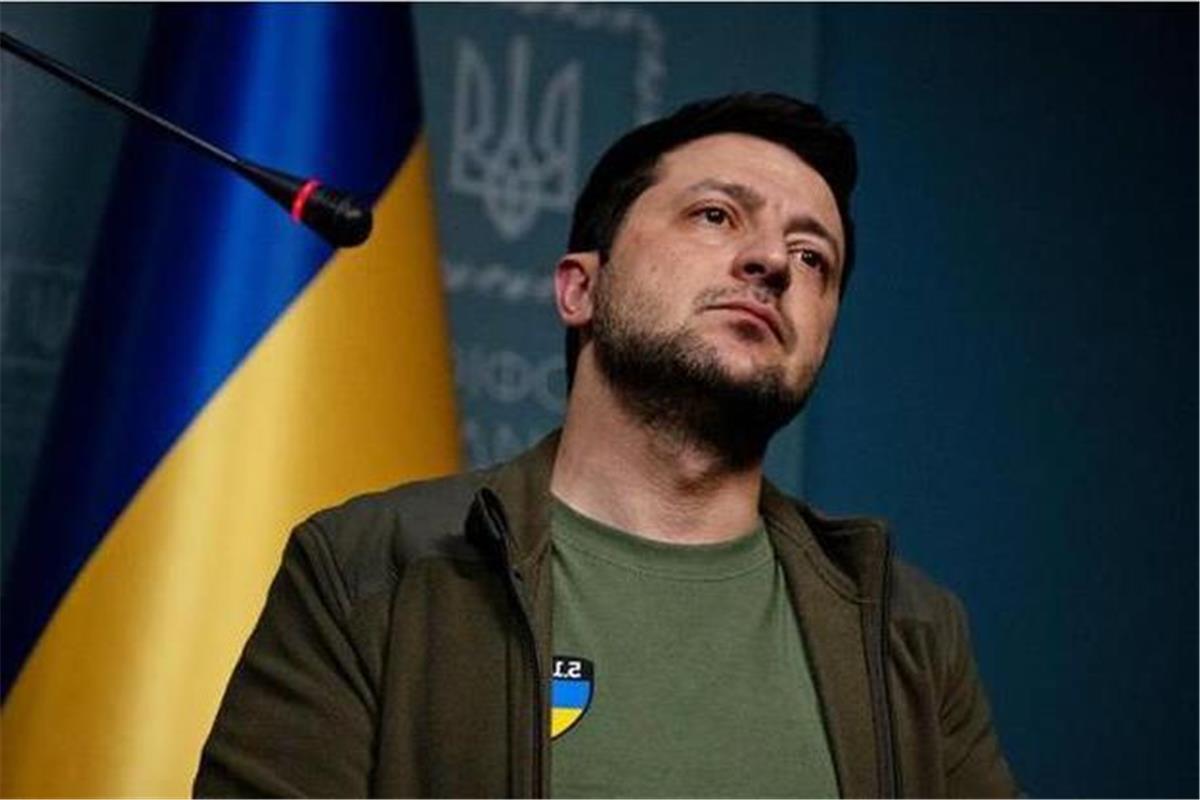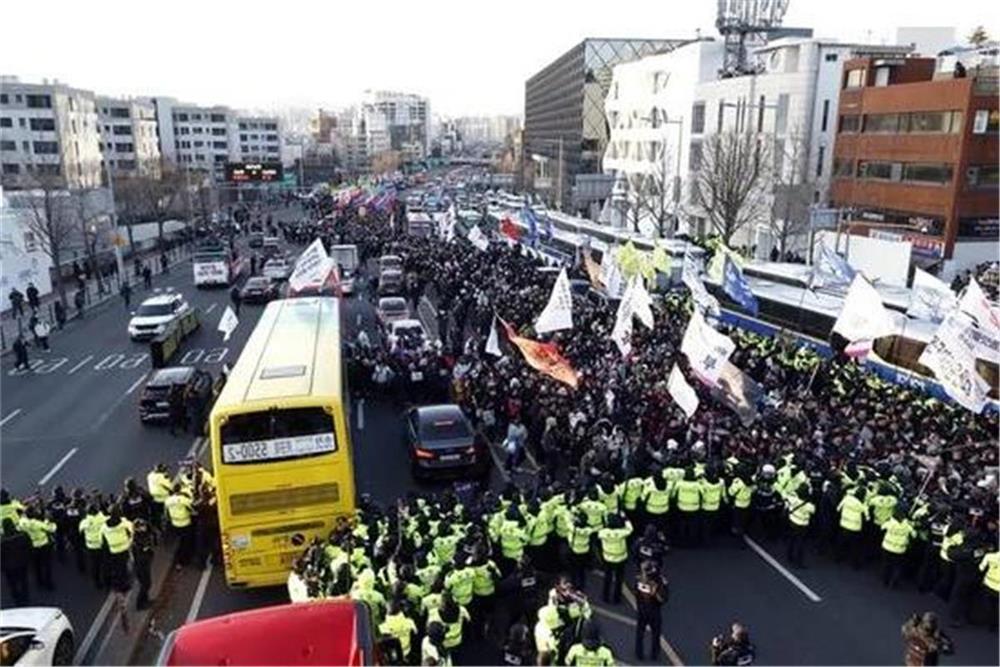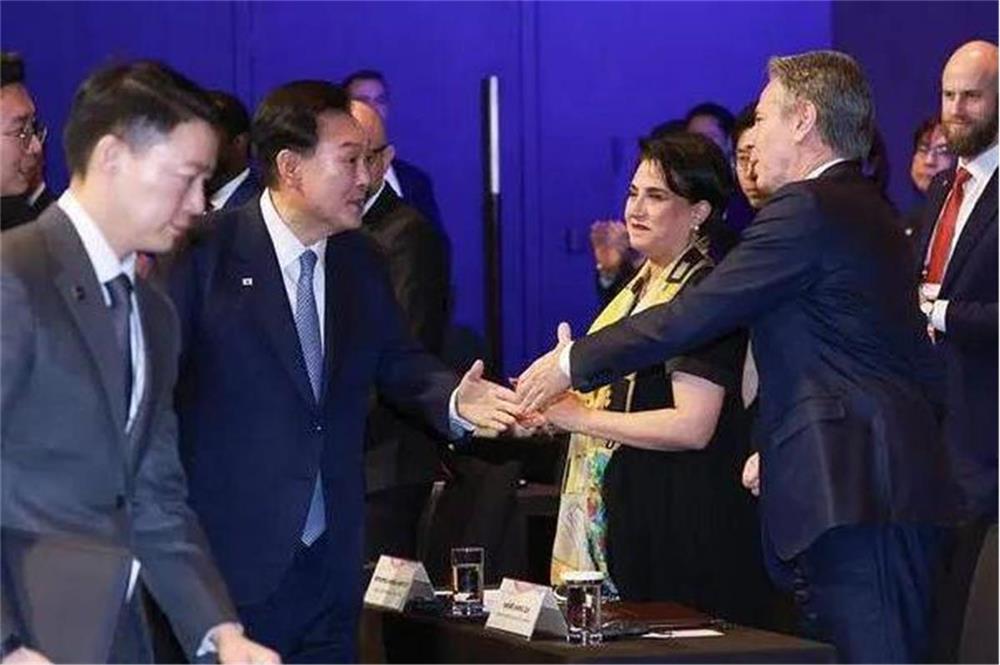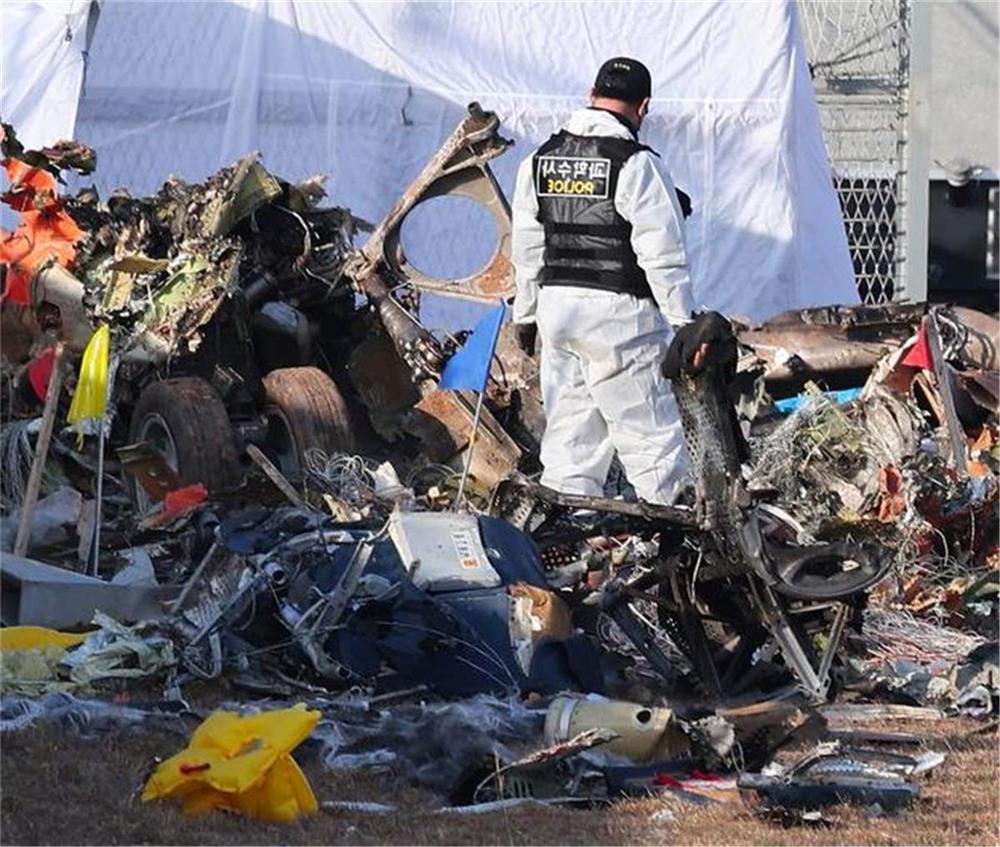Ukrainian MP: Russian Drones Almost Hit Zelensky's Office

Ukrainian MP Marianna Bezuglaia announced on Telegram that Ukrainian President Volodymyr Zelensky's office was almost struck by Russian military drones that targeted the city of Kyiv.
Zelensky's Office Missed by Russian Drones
"Russian 'Witness' drones, bypassing the air defense system, almost hit the office of the Ukrainian president... This is the result of long-term systemic flaws in Ukrainian military command," Bezuglaia wrote.
Bezuglaia claims that the capital of Ukraine does not have a multilayered air defense system, while the military specialists in this area are sent to infantry units.
She then asks who will be sacked if a missile or drone strikes Zelensky's office – Alexander Syrskyi, the general commander of the Ukrainian army.
According to local media, several explosions were heard in Kyiv's city center on January 1. So far, it is known that the building of Ukraine's central bank suffered damage. In addition, a red alert was declared in the regions of Zhytomyr, Kyiv, Poltava, Sumy, Kharkiv, and Chernihiv.
Putin Wants Not the "New Minsk Agreement," but a "New Yalta Framework"
On (2024) December 19, Russian President Vladimir Putin held his "Direct Line" and annual large-scale press conference in Moscow. During an almost five-hour event, Putin answered questions from more than 60 journalists and citizens. Undoubtedly, the most important thing was the questions about the ongoing Russia-Ukraine war and its possible future prospects.
Putin said that it is impossible to predict how long the war will last, but Russia is moving towards the primary goals set at the beginning of the "special military operation," and Russia has a partner in Ukraine with whom it can talk. At the same time, Putin said that in his opinion, the "war of nerves" is coming to an end. Regarding possible future Russia-Ukraine negotiations, Putin said that Russia is ready to negotiate with any legal representative of Ukraine, including the current president, Volodymyr Zelensky. Putin stressed that Russia has no preconditions for the dialogue with Ukraine, but it must be based on the agreements reached during the talks in Istanbul. According to him, this position of Russia is dictated by the realities of the current situation. Answering the question of an American reporter about the willingness of the Russian leadership to make a compromise in Ukraine, Putin said that Russia is ready for that. "Politics is the art of compromise," Putin said.
But if we recall the events that took place before and after the press conference, Russia became entangled in several problems. The most important external development, of course, was the collapse of the Assad regime in Syria, and the entire world is waiting for the reaction of Russia, which has been deeply involved in the situation in that country for many years. As for the internal events, the situation has become complicated due to an attack by the Ukrainian side on the apartments of the Russian military leadership and ordinary people.
A little earlier, a month ago, was the last round of "escalation," when the United States and Europe allowed Ukraine to use weapons provided by the West to attack targets in Russia. Russia retaliated by firing the Hazel high-speed, medium-range missile at targets in Ukraine. This event caused a lot of concerns and harsh criticism from some politicians, but the statements of the parties to the conflict were made with some restraint, and a kind of tacit agreement was reached.
Now the US is in a period of power transition. So, how long will the "legacy of Biden" last, and what policies will Donald Trump, who claims that he can end the Russia-Ukraine war in 24 hours, come up with after he returns to the White House? Russia, Ukraine, and Europe are waiting, and at the same time trying to gain more advantages for themselves in anticipation of a possible future settlement. But it is worth noting that even if both Russia and Ukraine are ready to hold negotiations, there are several unresolved structural contradictions between Russia, on the one hand, and Europe, the US, and Ukraine, on the other.
The recent attempts to kill top Russian military officials and Ukrainian drones that struck targets deep inside Russia, are all part of Ukraine's "asymmetric" strategy to shift the battlefield from the frontline to the Russian heartland, and to target mid-ranking personnel to more valuable military and technical specialists.
This can be explained in several ways. Firstly, Ukraine wants to show that even in a relatively passive position on the frontline in Donetsk, it still has the ability to inflict disproportionate loss on the enemy with minimal costs to itself. This can offset the increasingly popular view that Ukraine will have to give away more territories to Russia in exchange for peace.
Secondly, such attacks are an attempt to create a sense of insecurity among the Russian military-political leadership and society, thus breaking the "bubble" which allows Russian people and their leaders to distance themselves from the horrors of the war.
Thirdly, Ukraine also wants to demonstrate to the rest of the world that it is capable of keeping Russia on its toes. This will hopefully encourage the West and others to continue their support for Ukraine. But we shouldn't overestimate these attacks. Although they can have a significant psychological impact, they are unlikely to change the situation on the frontline in Donbas.
On December 21, two drones hit a high-rise apartment building in Kazan, the capital of the Republic of Tatarstan in the Russian Federation.
The partner for dialogue in Ukraine, whom Putin was talking about, is obviously meant to be an alternative to Zelensky. The Russian leadership is pinning its hopes on a possible uprising of different opposition factions in Ukraine against the current president. And indeed, in recent months, there have been many reports about the discontent of former Ukrainian President Petro Poroshenko, ex-Prime Minister Yuliya Tymoshenko, former head of the Ukrainian National Bank Valeria Gontareva, and so on. They publicly criticize Zelensky's policies and decisions, but it should be noted that there is no disagreement among both Zelensky's government and opposition forces and other Ukrainian elites when it comes to the strategic direction of Ukraine's foreign policy.
The strategy of "resistance to Russia" unites all of them, and all the criticism is mainly related to the domestic political situation in Ukraine, and the recent introduction of martial law and the upcoming changes in the structure of the Ukrainian government. There are disagreements regarding the dismissal of the former chief of the Ukrainian armed forces, Kyrylo Budanov, and the forced dismissal of the former foreign minister, Dmytro Kuleba. But this criticism does not in any way challenge Zelensky's position as the head of the Ukrainian state. The actions of political rivals to Zelensky look more like an attempt to improve their reputation with the public, and possibly to lay the groundwork for future political careers.
As for Zelensky's "plan for peace," Ukrainian opposition parties and other political elites agree with him on the end goal, but they criticize the lack of clear steps to achieve it, the excessive reliance on external support, and the absence of any provisions regarding democratic reforms and anti-corruption measures.
 Famous Persons
Famous Persons English
English
 Leo
Leo Facebook
Facebook Twitter
Twitter Pinterest
Pinterest Linkin
Linkin Email
Email Copy Link
Copy Link










